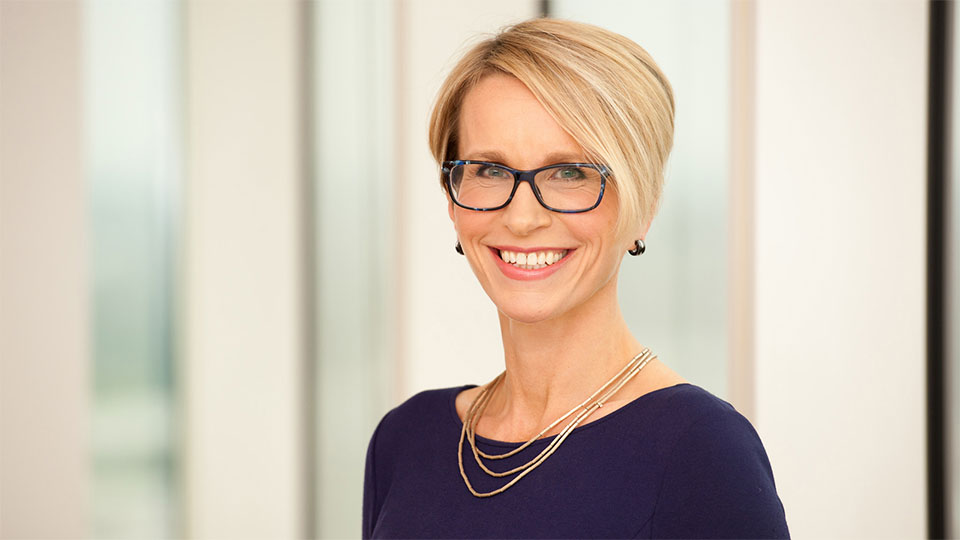Women account for just 6% of FTSE 100 CEOs and are paid far less

Women still make up a low proportion of CEOs in 2021 (6%), despite some high-profile success stories, according to Ezra, one of the leading global providers of digital coaching
In the UK FTSE 100 as it stands there are six female CEOs compared to 94 men in 2021, the same number as between 2017 and 2019.
In 2020 there were just 5 female chief executives, though the number has at least climbed from 3 in 2013.
Startlingly if you analyse the United States-based S&P 500 it’s a similar trend – 6% of CEOs are female, amounting to 29 out of 471.
Clearly, there’s a long way to go on both sides of the pond.
Top male CEO’s earn 90% more than women
The average male CEO earns around £5.3m, compared to £4.42m for women, meaning male CEOs earn 17% more than their female counterparts.
Comparing the highest-earning male and female CEOs is starker, with the highest-earning man taking home £58.73m compared to the top woman at £5.89m, a 90% difference.
How does this compare to non-business elites?
The average female earnt £20,503 in 2020, compared to £29,879 male employee, a 31% difference.
To be in the top 10% of earners you’d need to make £46,652 as a man, but as a woman you’d only need to take home £34,472 per year, 26% less.
Most influential women in business
The UK
High profile women that have climbed to the top include Emma Walmsley, chief executive of GlaxoSmithKline. She has held the position since 2017, while she is the only woman among the highest paid CEOs in the FTSE 100, despite earning a tenth of the highest paid male CEO.
Carolyn McCall is CEO of ITV, having previously worked at EasyJet. She is known for preparing the network for the future, as she looks to expand the Britbox streaming service.
In financial services Alison Rose is CEO of the NatWest Group, having risen to the top following a 27-year career at RBS. Her focus is said to be on improving efficiency at the bank by investing in technology but potentially making job cuts, as the bank looks to move on after being bailed out by the taxpayer during the global financial crisis.
North America
In the US Mary T. Barra is chief executive of General Motors, the automobile giant whose brands include Chevrolet, Buick, GMC, and Cadillac. She has been CEO since 2014, while she has focused on preparing the company for the future with technologies like connectivity, electrification and autonomous driving.
Best Buy, a well-known electronics retailer employing 125,0000 across the US, Canada and Mexico, has been led by CEO Corie Barry since 2019.
Michele Buck has been at the helm at The Hershey Company, one of the largest manufacturers of chocolate in the world, since 2017. She has focused on expanding the group via strategic acquisitions.
Most recently, Whitney Wolf Herd has been flying the flag for American women in business, with the IPO of dating app, Bumble.
Founder of Ezra, Nick Goldberg, commented:
“To mark International Women’s Day, we decided to highlight some of the most powerful women in business working today.
“However the research uncovered the significant inequalities that still exist in business, as it’s shocking that only 6% of the most influential CEOs are women across the UK and the US.
“What is more, the select few who do make it to the top typically earn less than their male counterparts.
“This is a trend we expect to change in the years ahead, but it’s clearly slow progress.
“Companies need to do more to give their best female employees the opportunities to rise through the ranks.”
Female CEOs in the FTSE 100
| Year | Male CEOs | Female CEOs | % proportion female CEOs |
|---|---|---|---|
| 2012 | 96 | 4 | 0.04 |
| 2013 | 97 | 3 | 0.03 |
| 2014 | 96 | 4 | 0.04 |
| 2015 | 95 | 5 | 0.05 |
| 2016 | 95 | 5 | 0.05 |
| 2017 | 94 | 6 | 0.06 |
| 2018 | 94 | 6 | 0.06 |
| 2019 | 94 | 6 | 0.06 |
| 2020 | 95 | 5 | 0.05 |
| 2021 | 94 | 6 | 0.06 |
FTSE 100 female CEOs
Emma Walmsley – chief executive officer (CEO) of GlaxoSmithKline (LON: GSK).
Carolyn McCall, DBE – chief executive of ITV (LON: ITV) since 2018.
Liv Garfield – Severn Trent plc (LON: SVT) since 11 April 2014.
Alison Brittain – the chief executive officer (CEO) of Whitbread (LON: WTB).
Alison Rose – chief executive (CEO) of NatWest Group (LON: NWG) since November 2019.
CEO gender pay gap – 2020
Average male CEO
Base: £917,579
Total renumeration: £5,299,609
Average female CEO
Base: £932,975
Total renumeration: £4,416,455
Difference £: -£883,154
Difference %: -17%
Highest male CEO
Base: £739,975
Total renumeration: £58,727,000
Highest female CEO
Base: £1,053,700
Total renumeration: £5,887,000
Difference £: -£52,840,000
Difference %: -90%
General gender pay gap – 2020
Average male UK (Net annual salary): £29,879
Average female UK (Net annual salary): £20,503
Difference £: -£9,376
Difference %: -31%
Have you read?
Best Countries For Cultural Heritage Influence.
Best Countries For Raising Kids.
Best Countries to Headquarter Multinational Corporations (MNCs).
Best Countries For Retirement.
Best Countries For International Students.
Bring the best of the CEOWORLD magazine's global journalism to audiences in the United States and around the world. - Add CEOWORLD magazine to your Google News feed.
Follow CEOWORLD magazine headlines on: Google News, LinkedIn, Twitter, and Facebook.
Copyright 2025 The CEOWORLD magazine. All rights reserved. This material (and any extract from it) must not be copied, redistributed or placed on any website, without CEOWORLD magazine' prior written consent. For media queries, please contact: info@ceoworld.biz








